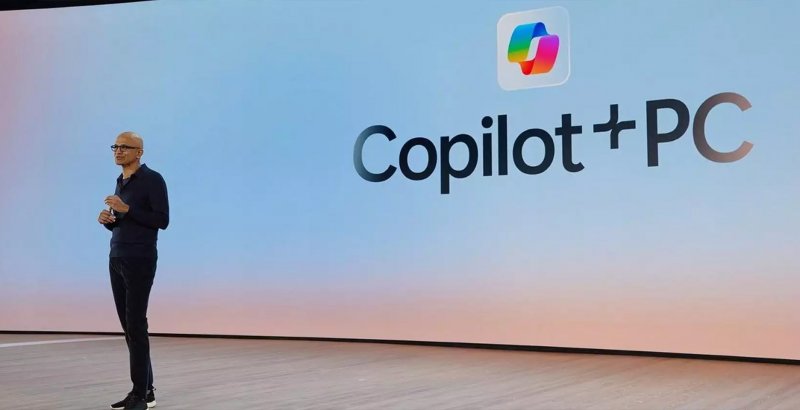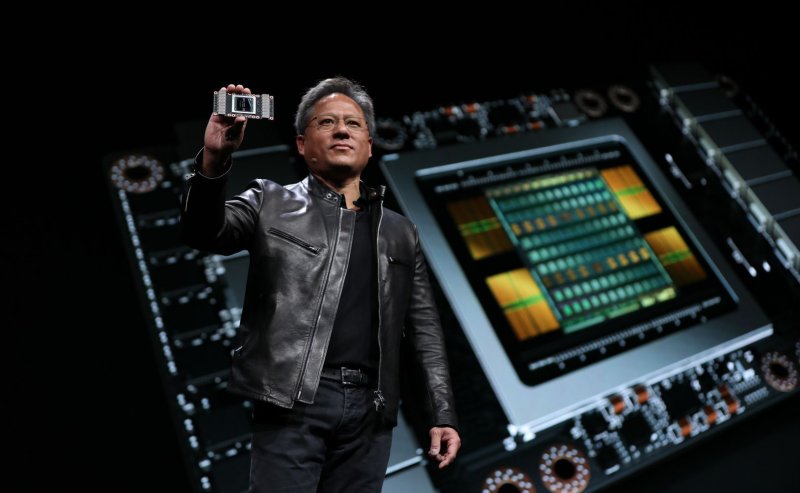The legal battle between the two tech giants threatens to disrupt a new wave of AI-powered personal computers, including Microsoft’s Copilot Plus PCs.
A new wave of AI-powered personal computers stalled by a two-year legal battle between two tech giants. That’s the fear of several tech executives and experts who met last week at the annual Computex trade show in Taipei, Taiwan.
An event attended by a parade of executives from Microsoft, ASUS, Acer and MSI, who on stage promoted a new generation of AI-enhanced PCs together with Qualcomm administrator Cristiano Amon. But behind the scenes it wasn’t the power of the Copilot Plus PCs or the potential of AI, but rather the possible consequences of a Contract dispute between ARM Holdings and Qualcomm. Two companies working together to make the chips that power these new laptops, but who incredibly are at odds with each other. But what exactly are they arguing about? We’ll tell you about it immediately after the commercial break.
The ARM lawsuit against Qualcomm
British firm ARM, which is mostly owned by Japan’s SoftBank Group, sued Qualcomm in 2022 for failing to negotiate a new license after acquiring a new company. The lawsuit centers on technology that Qualcomm, which designs chips for mobile devices, acquired from a company called Nuvia, founded by Apple chip engineers and purchased in 2021 for $1.4 billion.
ARM develops intellectual property and designs that it sells to companies like Apple and Qualcomm, which use them to make chips. Nuvia had plans to design server chips based on ARM licenses, but after the acquisition closed, Qualcomm reassigned its remaining team to develop a laptop processor, which is now used in Microsoft’s latest AI PCs, called Copilot+ .
ARM said the current design planned for Microsoft’s Copilot+ laptops is a direct technical descendant of Nuvia’s chip. ARM said it has canceled the license for these chips. “ARM’s claim against Qualcomm and Nuvia is about protecting the ARM ecosystem and partners,” an ARM spokesperson said, “who depend on our intellectual property and innovative designs, and therefore enforcing contractual obligation Qualcomm to destroy and stop using Nuvia designs derived from ARM technology.”
Qualcomm, in contrast, says its broad license for ARM technology already covers its PC chips, and a Qualcomm spokesperson said its position hasn’t changed since ARM filed the lawsuit in 2022. “The complaint of ARM,” said Ann Chaplin, Qualcomm’s general counsel, in a 2022 statement, “ignores the fact that Qualcomm has broad and well-established licensing rights covering its custom-designed CPUs, and we are confident that those rights will be confirmed”.
The consequences of the lawsuit
But what could be the consequences of the lawsuit between ARM and Qualcomm? A victory for ARM in the lawsuit could force Qualcomm and its approximately 20 partners, including Microsoft, to halt shipments of the new laptops. “It’s definitely a real risk,” said Doug O’Laughlin, founder of chip financial analysis firm Fabricated Knowledge. “The more successful (the laptops) are, the more ARM can get in terms of tariffs.”
To date, nearly two dozen models, from Microsoft, Dell, and Samsung, are expected to ship to consumers on June 18. Rough projections suggest that Microsoft expects to capture around 5% of the market with ARM-based laptops by the end of the year, selling around 1-2 million units. The lawsuit could abruptly stop the shipment of all these new PCs, with substantial economic damage for everyone.
One of the problems is that this legal dispute has an additional layer of complexity: the exclusive agreement to supply laptop manufacturers with Qualcomm chips, in fact, expires this year. At that point the market would also open up to Qualcomm’s competitors. NVIDIA and AMD are already working on these chips, and other companies will soon join the competition. However, since the first batch of Windows PCs for Microsoft’s new Copilot+ program are based on Qualcomm processors, the lawsuit is an undercurrent that is present but often not mentioned in public.
Despite the public battle between two companies that depend on each other for revenue and profits, some investors and analysts believe they will reach a settlement well before trial, expected in Delaware federal court in December. “There is a certain degree of absurdity,” said Jay Goldberg, CEO of D2D Advisory, a financial and strategy consulting firm, “in the fact that ARM is suing its second largest customer, and Qualcomm is being sued from its largest supplier.” For our part, we will continue to follow the story in the coming months to understand what will happen.
#Copilot #PCs #blocked #legal #battle #ARM #Qualcomm #real #risk



